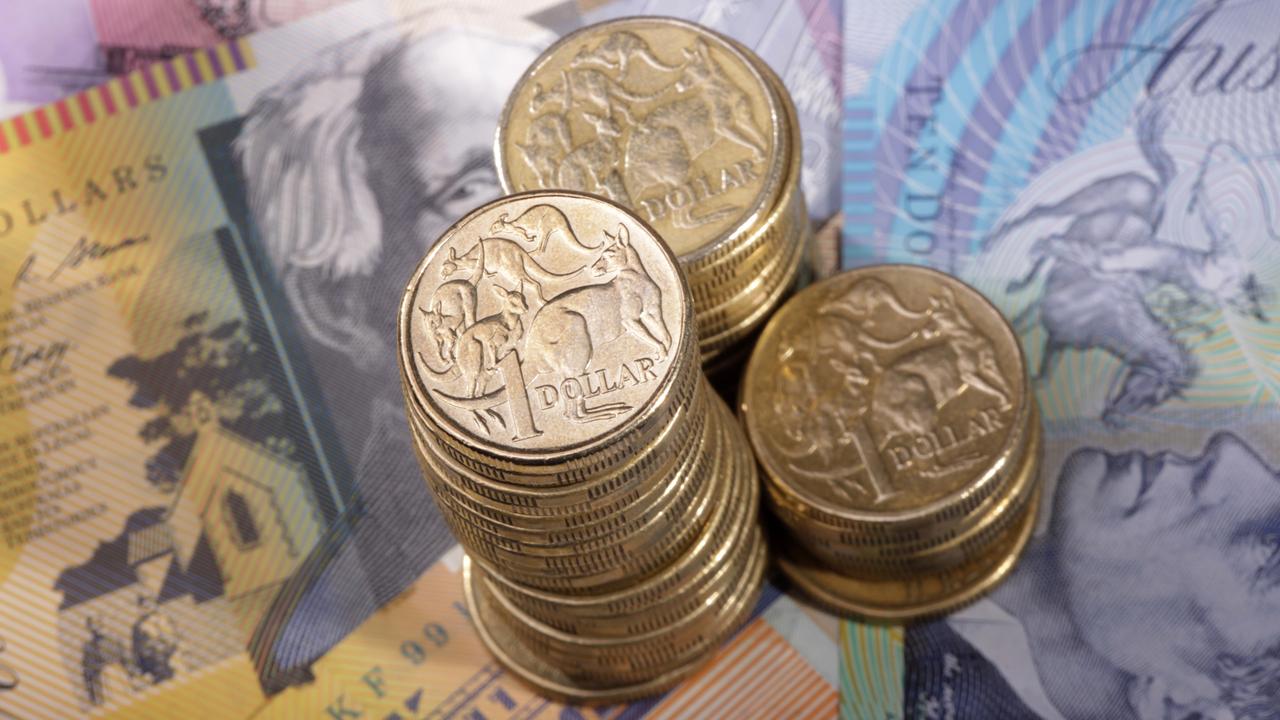10 expert strategies to take control of your finances and save money
As inflation and interest rates skyrocket, families are feeling the pinch. Finance experts reveal how to stretch your dollar further.

In a time of rising interest rates, soaring inflation and financially overextended households, safeguarding the bank account has become a daunting task.
Navigating this economic roller coaster requires a keen understanding of money management along with a healthy dose of “money mindfulness”, according to financial planner Canna Campbell.
Experts share their top 10 tips to help stretch your budget a little further.
1. Do a financial health check
A financial health check is a comprehensive review of your personal financial situation.
It assesses income, expenses, debts, savings, retirement planning, and investment strategies.
The aim is to identify strengths, uncover potential issues, set financial goals, and develop an actionable plan to improve overall financial wellbeing.
“When you do this you feel so much better about yourself,” Canna tells The House of Wellness.
“It inspires and empowers you, and you’re only going to end up in a better place.”
2. Print your bank statements
Money expert Effie Zahos says this one simple habit can keep spending in check.
“I like to print out my statement,” Effie told The House of Wellness TV show.
“I have two highlighters, two different colours.
“The regular household bills I highlight in one colour, all the discretionary spending I highlight in another.”
Effie says seeing your digital spending footprint might “give you the nudge you need to act”.
3. Create a budget
Having a budget isn’t a about stopping ourselves from spending; it simply gives us spending boundaries with the things we value.
“Sit down and write out all your expenses,” Canna says.
“That also allows you to cut the wastage. If you can’t see a leak how can you expect to fix it?”
4. Set money goals
Whether it’s to pay off credit card debt or start an investment portfolio, the money goal itself is less important than the act of setting and working towards it.
“Do you have emergency money saving goals or perhaps even a little bit more advanced goals around investing and building long-term passive income streams?” Canna asks.
“Start putting some strategies in place to make sure you can have a comfortable retirement.”
5. Cut up your credit cards
“It is proven we spend more money when we use a credit card versus paying for things in cash – or via your debit card,” Canna says.
“It’s called the pinch effect. When you’re paying for something in cash and you know your account balance is going to drop – it actually physically hurts – versus putting something on the credit card, tapping, swiping, waving and thinking ‘I’ll deal with it next month’.
“That’s where people find themselves waking up and thinking ‘how did I get myself into this credit card debt?’”

6. Pay off your debts
A debt reduction strategy is a powerful tool to help you take control of your finances, says Effie.
“List (all your debt) down – biggest to smallest – and put the interest rate next to each,” she says.
“You can either tackle it by the most expensive interest rate; pay that off first, or I like to look at maybe the smallest debt and pay that off first because it’s achievable.”
7. Assess your bills
When it comes to household bills, Effie recommends asking yourself; ‘what am I paying?’ and ‘what is the best possible rate?’.
Whether it’s your energy bill or home loan – don’t be shy about questioning what your provider is charging.
8. Meal prep
Canna says one of the biggest things that trips people up when they’re trying to cut costs is convenience.
This is where meal planning and prepping can help.
“Whether it’s chopping up vegies or poaching chicken, make it as quick and easy for yourself as possible so that when you come home and you’re tired, you’ve already got half the meal ready,” she says.
“And when you’re planning meals, be resourceful with what you’ve already got before you head to the supermarket.”
She says buying in bulk using the freezer and shopping with a list can also help.
9. Use tech to your advantage
Need help setting or sticking to a budget? There’s an app for that. Want to find cheaper fuel? There’s an app for that, too.
“If you haven’t downloaded a fuel app by now you really are doing yourself a disservice,” Effie says.
Effie says there are also grocery apps to help you save at the checkout.
10. Be realistic
Effie says it’s all about setting realistic goals and expectations and regularly checking in with yourself.
“Ask yourself: What’s the best I can do with the income I am earning?”
She says having open and honest conversation about money with your partner is also an important aspect of financial health.
The House of Wellness TV show airs on Channel 7 on Fridays at 2pm and Sundays at noon.



